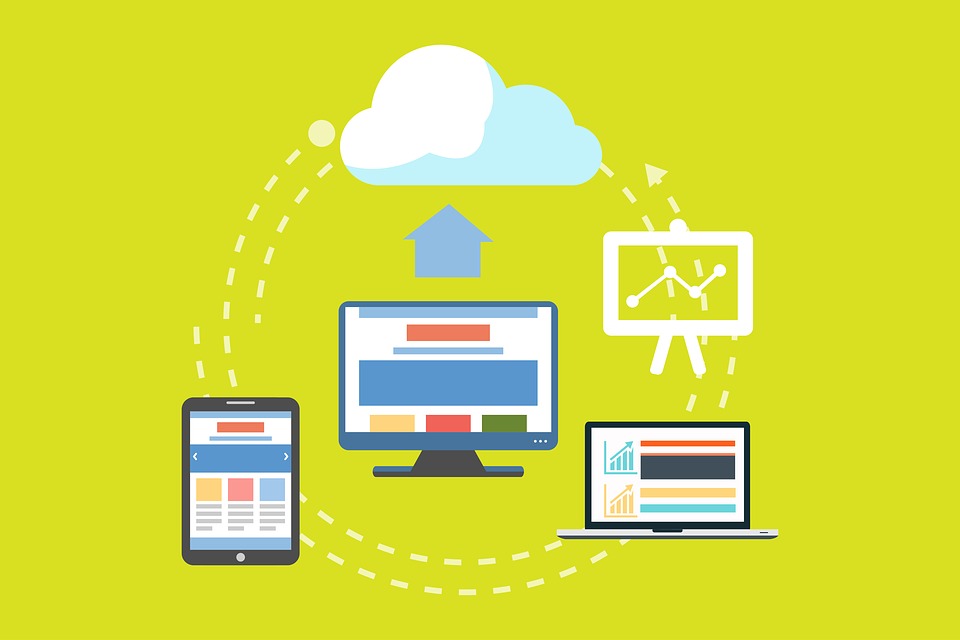Normally, if you want to be able to save information that is vital to you remotely, you just log into your cloud storage account and save it there. In fact, you can actually sync your computer, mobile phone, tablet, smartwatch, or other mobile devices up to the cloud to save files, photos, and other information instantly. This process works countless times without fail, day after day – unless a security breach has taken place.
From Experian to Capital Bank to the PlayStation Network, hackers are gaining access to the cloud computing servers of major corporations and accessing consumer files. While online criminals are becoming shrewder, you can still stop the cloud from taking your data.
Have a Physical Backup Method for Your Data
Saving information remotely is a good choice for lots of reasons. First, it is a cost-effective manner in which to keep your information safe. For everyday end-users, that could mean family photos, marriage licenses, life insurance policies, and a treasure trove of other sensitive information being safeguarded. In the case of a small to mid-sized business, using the cloud to maintain copies of paperwork related to customers and contracts might mean tens of thousands of dollars in expenses saved. No matter what, there should be a physical back-up method, just in case. Save your data on an external drive, preferably an encrypted SSD.
Protect Your Own Computer
Every single time you get on the web, you risk being infected by a virus. Thankfully, most modern computing devices have built-in protections. That’s why computers now come with firewalls already installed and turned on, smartphones are sold with anti-virus software pre-installed, and tablets come with warnings and instructions on web security. The long story short is that you can’t even go a day without having some kind of security installed on your computer. In fact, you should be checking to see if you have the best and most up to date anti-virus software installed. Security issues in cloud computing include data theft, problems accessing the data, and data misuse. Stay protected on your end by auditing your anti-virus software protection.
Stay Abreast of New Security Threats
Sometimes internet users find out in advance about virus threats and other news in internet security. They may learn that they need to change their passwords as a preventative measure when an email provider has had a security breach. With cloud computing, there are always new developments that users have to be aware of. By looking for news developments, you will get information on tips to keep your home network safer and you will be informed of all major changes in the industry. Whether you are going to school for information technology security or you use SaaS as part of your business, this information is absolutely critical.
Your information might not disappear off the cloud, but it could end up in the possession of the wrong people if there is no strong security in place. Make sure your own computer has all protections up to date. Lastly, connect to cloud servers that you know are being professionally managed and secured.





